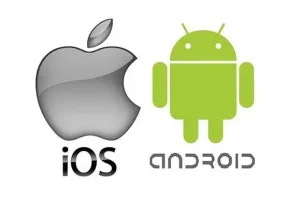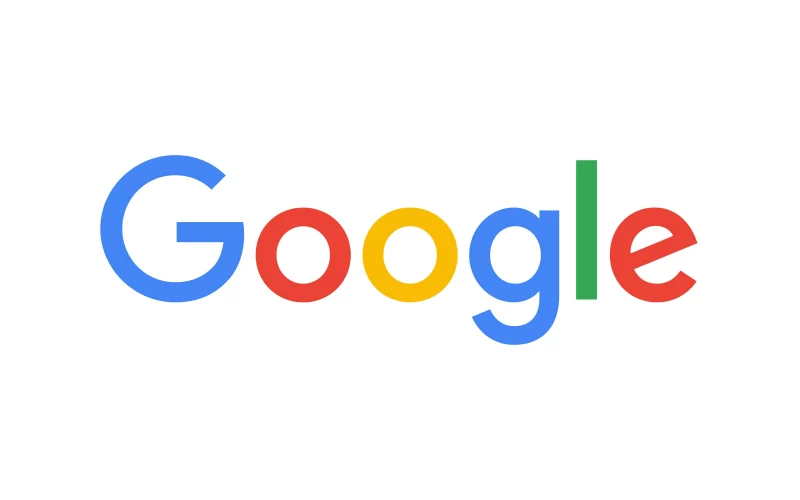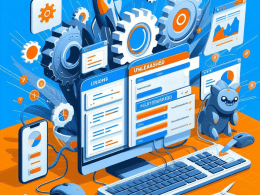Google’s Play Store Settlement: What You Need to Know
Hi, I’m John Smith, a seasoned blog writer and a tech enthusiast. I have been following the latest developments in the tech industry for over a decade, and I’m always eager to share my insights and opinions with you. Today, I want to talk about a topic that has been making headlines recently: Google’s Play Store settlement.
You may have heard that Google has agreed to pay $700 million to settle antitrust allegations over its Android app store policies. This is a huge deal, as it affects millions of consumers, developers, and competitors who use or interact with Google’s Play Store. In this article, I will explain what the settlement is about, why it matters, and what it means for you.

What is the settlement about?
The settlement is the result of a lawsuit filed by 37 states and the District of Columbia against Google in December 2020. The lawsuit accused Google of abusing its dominant position in the app market by imposing unfair and anticompetitive practices on its Play Store. Some of these practices include:
- Forcing Android device makers to pre-install Google apps and services on their devices and making them the default options.
- Charging a 30% commission fee on app sales and in-app purchases made through the Play Store, which is higher than other app stores.
- Restricting app developers from using alternative payment methods or distributing their apps through other channels.
- Using its search engine and other products to promote its own apps and services over those of its rivals.
The lawsuit claimed that these practices harmed consumers by limiting their choices, increasing prices, and reducing the quality and innovation of apps. It also claimed that these practices harmed developers by reducing their revenue and incentives to create new and better apps. And finally, it claimed that these practices harmed competitors by creating an uneven playing field and preventing them from entering or expanding in the app market.
Google denied the allegations and argued that its Play Store policies were beneficial for consumers, developers, and the app ecosystem. It also argued that its Play Store was not a monopoly, as there were other app stores and platforms available for Android users.
After months of negotiations, Google and the states reached a settlement agreement in October 2023. The settlement, which still requires approval from the court, aims to address the concerns raised by the states and consumers and to allow more competition and innovation in the app market.
Why does it matter?
The settlement is significant for several reasons. First, it is one of the largest antitrust settlements in the history of the tech industry, and it shows that Google is willing to make concessions to avoid a lengthy and costly legal battle. Second, it is one of the first major antitrust actions taken against Google in the US, and it could set a precedent for other cases involving Google or other tech giants. Third, it is a win for the states and consumers who have been advocating for more regulation and oversight of Google’s practices. And fourth, it is a potential opportunity for Google’s rivals and challengers who have been struggling to compete with Google’s dominance in the app market.
What does it mean for you?
The settlement will have different implications for different stakeholders. Here are some of the main effects of the settlement for consumers, developers, and competitors:
Consumers
As a consumer, you may benefit from the settlement in several ways. For example, you may:
- Have more choices and options when it comes to apps and app stores on your Android device. You may be able to download apps from other sources, such as Amazon, Samsung, or Epic Games, without any restrictions or penalties from Google. You may also be able to choose your default apps and services for functions such as search, maps, or email, instead of being stuck with Google’s apps.
- Pay less for apps and in-app purchases on the Play Store. Google has agreed to reduce its commission fee from 30% to 15% for developers who earn less than $1 million per year, which covers most of the app developers on the Play Store. This may lead to lower prices for apps and in-app purchases, as developers may pass on the savings to consumers.
- Get better quality and more innovative apps on the Play Store. Google has agreed to invest $100 million in a fund to support app developers, especially those who create apps for children, education, health, and social impact. This may encourage more developers to create new and better apps for these categories, which may benefit consumers who are looking for such apps.
Developers
As a developer, you may also benefit from the settlement in several ways. For example, you may:
- Have more freedom and flexibility when it comes to distributing and monetizing your apps. You may be able to use alternative payment methods or app stores to sell your apps or in-app purchases, without any interference or retaliation from Google. You may also be able to negotiate better terms and conditions with Google or other app stores, as there will be more competition and transparency in the app market.
- Earn more revenue from your apps and in-app purchases on the Play Store. As mentioned above, Google has agreed to lower its commission fee for developers who earn less than $1 million per year, which may increase your profit margin. Google has also agreed to provide more tools and resources to help you optimize your app performance and user experience, which may boost your app downloads and retention rates.
- Access more opportunities and support from Google and other app stores. As mentioned above, Google has agreed to invest $100 million in a fund to support app developers, especially those who create apps for children, education, health, and social impact. You may be eligible to apply for this fund and receive financial or technical assistance from Google. You may also benefit from other initiatives and programs that Google or other app stores may launch to attract and retain app developers, such as promotions, incentives, or rewards.
Competitors

As a competitor, you may also benefit from the settlement in several ways. For example, you may:
- Have a more level playing field and a fairer chance to compete with Google in the app market. You may be able to offer your apps and services to Android users without any disadvantages or barriers imposed by Google. You may also be able to challenge Google’s dominance and market share in the app market, as consumers and developers may switch to your apps or app stores if they offer better value or quality.
- Gain more exposure and visibility for your apps and services on the Play Store and other platforms. Google has agreed to display more information and options for consumers and developers when they search for apps or app stores on the Play Store or other Google products. This may increase your chances of being discovered and downloaded by potential users or customers. You may also be able to leverage other platforms or channels to promote your apps or services, such as social media, blogs, or podcasts.
- Benefit from the increased competition and innovation in the app market. The settlement may create a more dynamic and diverse app ecosystem, where new and existing players can compete and collaborate to create better products and solutions for consumers and developers. This may inspire you to improve your apps or services, or to create new ones that meet the needs and demands of the market.
Conclusion
Google’s Play Store settlement is a landmark event in the tech industry, as it marks a major shift in Google’s app store policies and practices. The settlement may have significant impacts for consumers, developers, and competitors who use or interact with Google’s Play Store. The settlement may also have broader implications for the future of the app market and the tech industry as a whole.
As a tech enthusiast and a blog writer, I will continue to follow and report on this topic and other related issues. I hope you enjoyed reading this article and learned something new and useful. If you have any questions, comments, or feedback, please feel free to share them with me. I would love to hear from you. Thank you for your time and attention. 😊
Here is the table I generated to summarize the key points of the article:
| Stakeholder | Benefit | Example |
|---|---|---|
| Consumer | More choices and options | Download apps from other sources, choose default apps and services |
| Consumer | Lower prices | Pay less for apps and in-app purchases on the Play Store |
| Consumer | Better quality and innovation | Get new and better apps for children, education, health, and social impact |
| Developer | More freedom and flexibility | Use alternative payment methods or app stores, negotiate better terms and conditions |
| Developer | More revenue | Pay lower commission fee, optimize app performance and user experience |
| Developer | More opportunities and support | Access $100 million fund, receive tools and resources from Google or other app stores |
| Competitor | More level playing field and fairer chance | Offer apps and services without disadvantages or barriers, challenge Google’s dominance and market share |
| Competitor | More exposure and visibility | Display more information and options on the Play Store or other Google products, leverage other platforms or channels |
| Competitor | More competition and innovation | Create better products and solutions, improve or create new apps or services |












